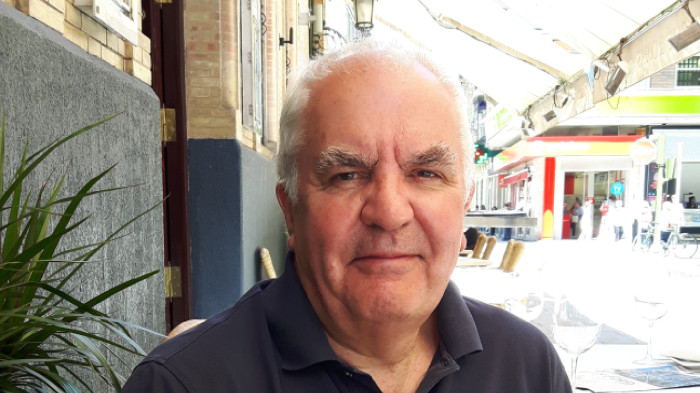In Opinion
Follow this topic
Bookmark
Record learning outcomes
A former colleague who has a pharmacy in South East London recently sent me a photograph which he thought might be of interest.
It showed a tablet container (without childproof closure) containing approximately 20 diazepam 2mg tablets. This had been handed into his pharmacy as part of a deceased patient’s unused domestic medicines stock. It had been dispensed from one of my pharmacies around 30 years ago. It beggars belief that any person could hold onto any unused medicine for such a long time. The ‘just in case’ mentality runs deep in this country – but 30 years?
Drug wastage was always an issue when I was in the deep waters of community pharmacy practice. I can only conclude that there are still no solutions available to address poor patient compliance with medication regimens, and there is continued denial about the actual cost of wasted medicines and, indeed, the dispensing service that underpins the NHS pharmacy contract.
New Government, new hope?
This brings me seamlessly to the world of politics. By the time you read this, Labour will have formed the next Government and Keir Starmer will be our Prime Minister.
I am hopeful that community pharmacy will be able to breathe a little easier now as we have historically tended to fare better under Labour administrations than under the Conservatives over the past 50 years.
My experience stretches back to 1972 when Labour governments did listen to what we had to say and acted positively, in the main, on our behalf. The one exception was when Tony Blair gave us the 100-hour pharmacy exemption but I believe that has now almost vanished from today’s community pharmacy landscape.
I can recall when there was a final acceptance of a realistic global sum that included a profit-on-return with generic medicines back in the late 1990s. That was an achievement for pharmacy.
However, along came David Cameron’s coalition in 2010 with all the austerity and dramatic changes to the NHS structure in its wake. George Osborne took a chainsaw to the public health budget and successful services such as smoking cessation almost vanished overnight when they were transferred to local authorities. Disaster quickly followed.
A dramatic curtailing of individual budgets ensued, followed by shrinkage of the global sum in real terms and then, finally, Jeremy Hunt arrived. He really had it in for us when he got his feet under the desk at the Department of Health in 2012. We were making vast profits, according to his spies, and that had to be stopped.
Annual negotiation with PSNC quickly vanished and was replaced by imposition. Well, community pharmacy is reaping the aftermath of his legacy today, with closures all around the country and a general feeling of despair from many who continue.
Ian Strachan did a wonderful interview on BBC Breakfast recently, articulating the issues that beset community pharmacy today. Although the main reason for his appearance was to discuss drug shortages across the UK, he did a sterling job in stating that this is only one problem facing the profession and the public it serves in today’s difficult environment.
Pharmacy teams spend far longer than I did 18 years ago trying to source common medications from whichever supplier has the stock – efforts that are not recognised or compensated in the contract imposed upon pharmacy.
Hopefully, we are now about to engage with a different mindset at the Department of Health and we can make some progress in stabilising the sector and helping to meet the new Government’s priorities for health.
Thieves’ charter
The owner of my local pharmacy is struggling with shoplifting. Her pharmacy may be in a middle class London suburb with lots of expensive housing stock, but this doesn’t somehow reflect on the losses one might expect our local shops are having to endure because of theft.
Her local police officer commiserated with her, explaining that if one single incident isn’t worth more than £200, then the police will not investigate. It is a thieves’ charter.
She has removed the Rimmel stand and sunglasses altogether from her retail area and is now busily redesigning her counter areas to overlook the shop floor more comprehensively.
As a young boy in the 1950s, I remember when all pharmacies were counter service – are we fast approaching the same retail culture? Time will tell. I wish you all well in future dealings with pharmacy’s new paymasters in Whitehall.

